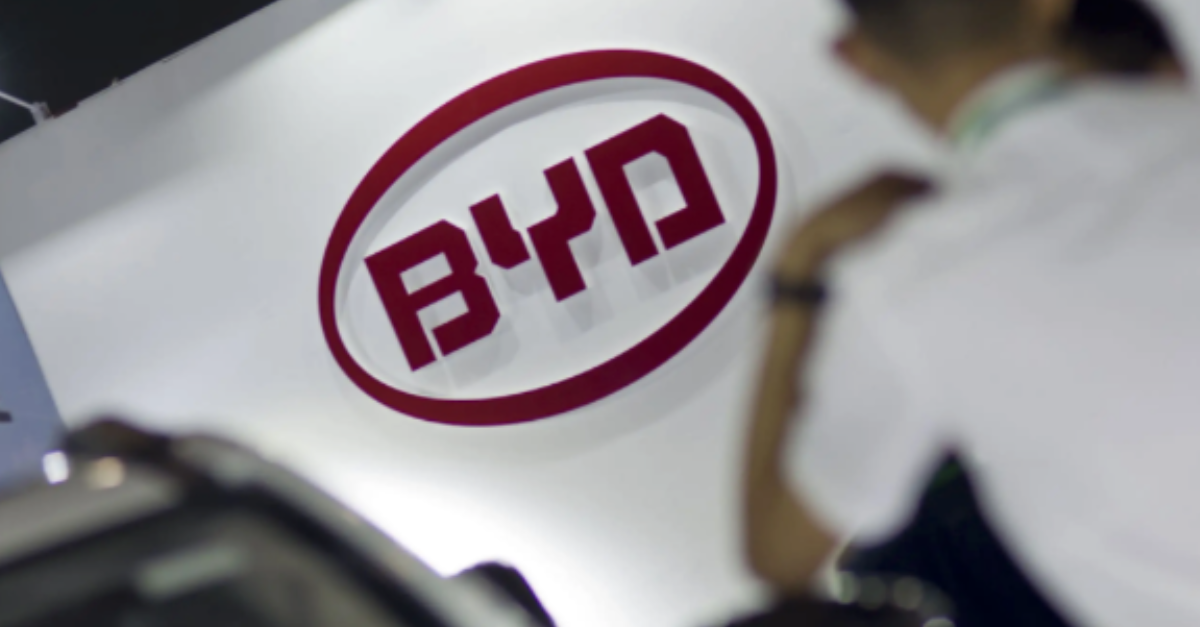BYD's FinDreams Battery to Supply Tesla's Shanghai Energy Storage Factory
Published: 6.11.2024
BYD's subsidiary FinDreams Battery has secured a supply agreement with Tesla for the Shanghai Energy Storage Factory. This agreement, finalized in March this year, outlines a plan for FinDreams to start supplying energy storage cells to Tesla in the first quarter of the coming year. This collaboration is pivotal for BYD as it aims to further expand its market share in the new energy vehicles and energy storage sectors.

The energy storage segment is currently among the fastest-growing sectors within the BYD Group. According to official information, FinDreams’ energy storage battery sales reached 28.4 GWh last year, reflecting a year-on-year growth rate of over 136%, which is more than double the growth rate of BYD's auto sales.
Tesla's business model for energy storage involves purchasing cells from suppliers and assembling them into comprehensive energy storage systems, such as the Megapack, designed for large-scale use in office buildings and factories, and the Powerwall, intended for residential use.
Among them, Megapack contributes about 80% of the revenue for this business. The product line currently planned by the Shanghai Tesla Energy Storage Factory is mainly Megapack.
Initially, the factory's battery cell supply came from CATL, with FinDreams now being the second supplier. FinDreams holds a supply share exceeding 20%, and the designed annual production capacity of the Shanghai Tesla Energy Storage Factory stands at 40 GWh. Consequently, FinDreams’ order translates to over 8 GWh of supply at full production, valued at approximately 3.5 billion yuan annually based on industry prices.
In 2021, Tesla transitioned from using high-cost ternary lithium batteries to low-cost lithium iron phosphate batteries for its energy storage systems, also shifting its supplier from LG Energy Solutions to CATL.
As of 2023, CATL has been Tesla's sole supplier for energy storage batteries. The introduction of FinDreams as a new supplier is likely a strategic move by Tesla to balance costs and enhance bargaining power.


.png)


